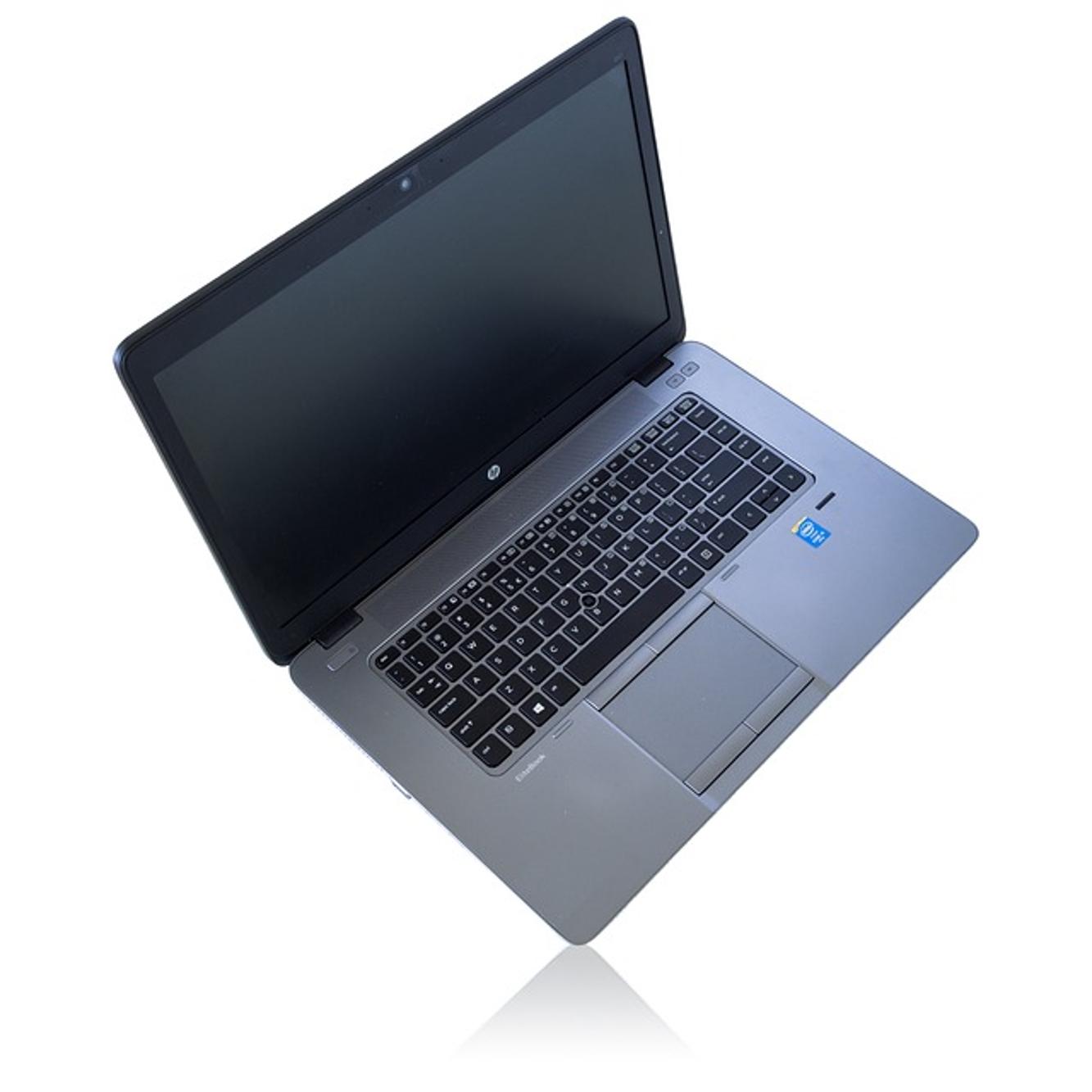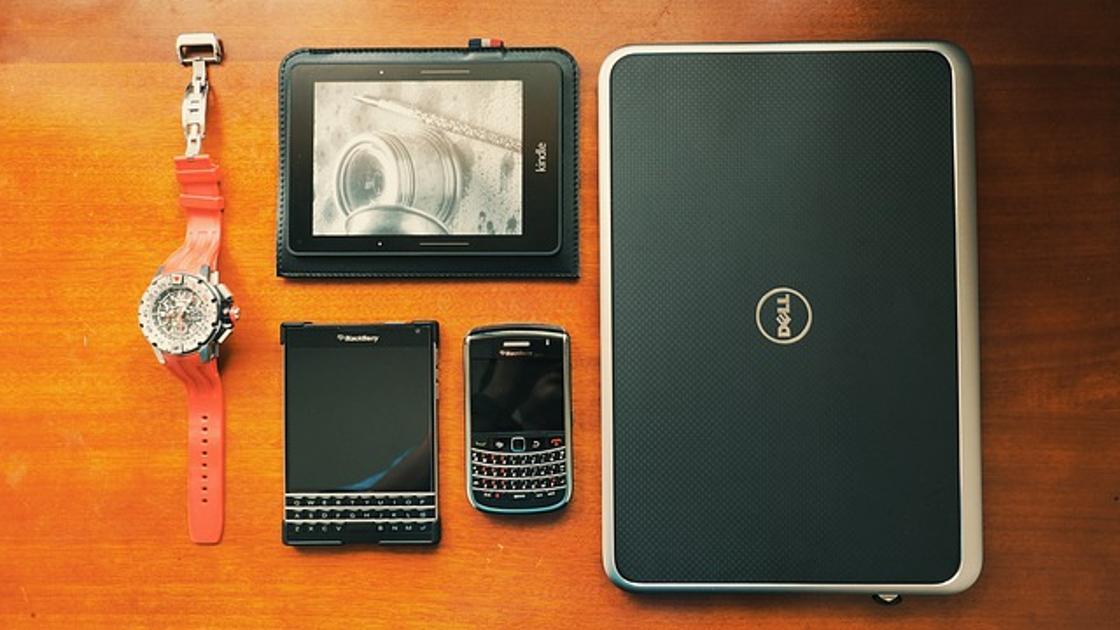Dell vs HP: Comprehensive Laptop Comparison
Introduction
When it comes to choosing the perfect laptop, the 'Dell vs HP' debate often takes center stage. Both brands have a significant presence in the market, each offering a range of laptops targeted at different user needs. Whether you are a student, professional, gamer, or casual user, understanding the strengths and weaknesses of each brand can help you make an informed decision. This comprehensive guide will delve into various aspects such as performance, design, battery life, and customer support to provide you with a well-rounded comparison.

Performance
Performance is arguably the most crucial factor when selecting a laptop. Both Dell and HP offer a wide variety of models that cater to different performance needs. Dell's XPS and Alienware series are well-known for their powerful hardware, often equipped with the latest Intel or AMD processors, high-end graphics cards, and substantial RAM. These laptops are designed to handle everything from high-end gaming to complex computing tasks effortlessly.
Similarly, HP's Spectre and Omen series also pack a punch when it comes to performance. HP laptops often feature robust processors and GPUs, making them suitable for both intensive work and play. Recent models have also started adopting advanced cooling technologies that help maintain performance over long periods.
However, Dell has an edge in the business sector with its Latitude and Precision series, which come equipped with enterprise-level features such as enhanced security and seamless integration with other business tools. On the other hand, HP’s EliteBook series offers similar high-end specifications but often at a slightly lower price point, providing a good balance between cost and performance for corporate users.
When it comes to performance, your choice between Dell and HP will largely depend on your specific needs. Whether you prioritize gaming, creative work, or business applications will guide your decision.
Design and Build Quality
The design and build quality of a laptop significantly impact its usability and longevity. Dell has earned accolades for its high-quality build, especially in the XPS series. With its aluminum chassis and carbon fiber palm rests, the XPS series exudes both elegance and durability. The bezels are minimal, giving a modern and clean appearance.
HP also boasts impressive build quality. The Spectre series, for instance, features a sleek, gem-cut design that makes it stand out in terms of aesthetics. Precisely engineered hinges and use of premium materials like metal and high-quality plastic contribute to a robust form factor.
In terms of durability, both brands perform well, but Dell's rugged lines like the Latitude series are often favored for harsh environments. These laptops meet military-grade specifications and can withstand drops, extreme temperatures, and moisture.
When it comes to design and build quality, it’s often a matter of personal preference. If you lean towards a more professional and rugged look, Dell is your go-to. For those who wish to own a laptop that's as much a fashion statement as it is a functional device, HP offers aesthetically pleasing options.
Display and Screen Quality
A laptop’s display is another critical factor to consider, particularly if you spend a lot of time in front of the screen. Dell’s laptops, especially the XPS line, offer stunning display quality. Known for its InfinityEdge displays, the XPS series provides 4K resolution options, excellent color accuracy, and impressive brightness levels. The minimal bezels further enhance the visual experience, making it ideal for designers and multimedia professionals.
HP is no slouch in this department either. The Spectre and Envy series feature impressive displays, often with 4K options and high color precision. HP also offers touch-screen variants, providing flexibility for different types of users. Their Sure View privacy screen technology is another innovative feature that protects your on-screen data from prying eyes, adding a layer of security for business users.
Both brands also offer blue light filters to reduce eye strain, making them suitable for prolonged usage. Choosing between the two again boils down to specific needs—whether you prioritize ultra-high resolution and minimal bezels (Dell) or advanced privacy features and touch screens (HP).

Battery Life
Battery life is another crucial factor, especially for users who need to work on the go. Dell's XPS series again stands out with its notable battery longevity, often lasting up to 12-15 hours on a single charge, depending on the usage and configuration. Business series like Latitude also offer extended battery options, making them ideal for professionals who can't afford frequent recharges.
HP's Spectre and EliteBook series offer competitive battery life, frequently matching or even surpassing Dell in some models. HP also integrates fast-charging technology in many of its models, allowing significant battery percentage to be restored in just a short time.
While both brands offer substantial battery life in their mid-to-high-end models, users often find HP to have a slight edge in certain ultra-portable models. For those whose primary concern is extended battery life without sacrificing too much on performance, HP might be the better choice.
Price Range and Value
Price is always a factor when making a tech purchase, and both Dell and HP have vast price ranges to suit different budgets. Dell's laptops generally come at a premium, especially for high-end models like the XPS and Alienware series. However, Dell also offers budget-friendly lines like the Inspiron series, which provide good value for the price, making them accessible to a broader audience.
HP provides competitive pricing across its range. Models like the Pavilion series offer robust performance at relatively lower prices, aimed at the general consumer market. On the higher end, the Spectre and EliteBook series provide excellent value with premium features at competitive prices compared to their Dell counterparts.
When considering price and value, your choice will depend on your budget and what features you prioritize. Dell tends to be a bit pricier but delivers high build quality and performance. HP offers more budget-friendly options without compromising too much on quality.
Customer Support and Warranty
Customer support and warranty services can greatly affect your overall experience with a laptop. Dell has a reputation for excellent customer service, with 24/7 phone support and various warranty packages. Options such as the Premium Support Plus offer benefits like accidental damage protection, virus removal, and real-time hardware monitoring.
HP also offers robust customer support, with extensive online resources and 24/7 phone support options. HP Care Packs are comprehensive, providing coverage for accidental damage, theft, and dedicated tech support.
Overall, both companies offer excellent customer service and warranty options. Dell's premium packages may offer a slight edge in terms of coverage and extra services, but HP’s support is also reliable and comprehensive.
User Experience and Reviews
To gauge real-world performance, user experience and reviews are invaluable. Dell’s XPS series is frequently praised for its top-notch performance, stunning display, and high build quality. Reviews often highlight the seamless user experience, particularly how well it handles intense multitasking and computing tasks.
HP’s Spectre series also receives high marks in reviews, particularly for its attractive design, display quality, and strong performance. Users often appreciate the Spectre's balance between aesthetics and functionality, making it a favorite among those seeking a combination of style and substance.
For business users, Dell’s Latitude and HP’s EliteBook series both garner positive reviews, particularly for their durability, security features, and overall reliability.
Reading user reviews can provide deeper insights beyond specifications, helping you understand the real-world performance and satisfaction levels of each brand’s laptops.

Conclusion
In the end, the choice between Dell and HP laptops boils down to individual needs and preferences. Dell generally offers robust performance, excellent build quality, and a slight edge in customer support, making it a strong contender for business users and high-end consumers. HP, on the other hand, provides competitive pricing, stylish designs, and commendable performance, making it appealing to a broader audience.
Frequently Asked Questions
Which brand offers better performance, Dell or HP?
Both brands excel in performance but cater to different needs. Dell’s XPS and Alienware series are ideal for high-end gaming and complex tasks, while HP’s Spectre and Omen series offer balanced performance suitable for both work and play.
Are Dell laptops more expensive than HP laptops?
Generally, Dell's high-end models tend to be pricier than HP's, particularly in the XPS and Alienware lines. However, both brands offer budget-friendly options to cater to a range of consumers.
How do Dell and HP compare in terms of customer support?
Both brands provide excellent customer support and comprehensive warranty packages. Dell has a slight edge with its Premium Support Plus offering, which includes additional benefits like real-time hardware monitoring and virus removal.



